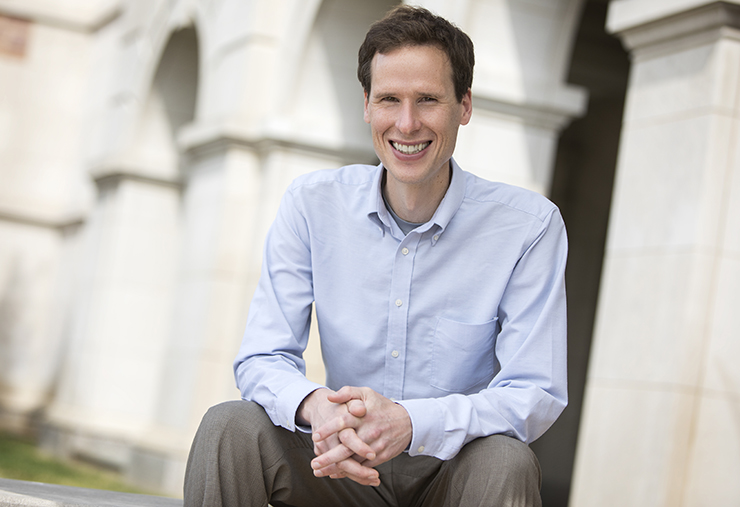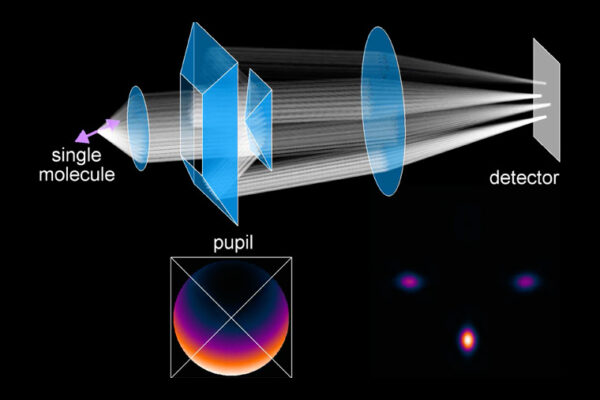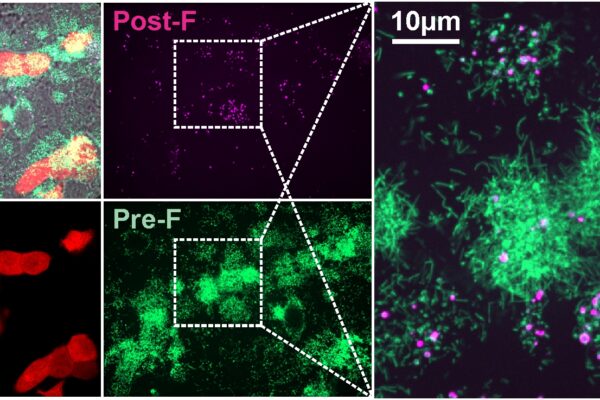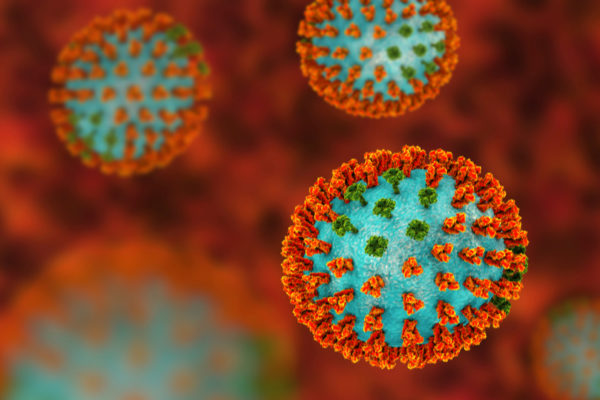The COVID-19 pandemic brought immune systems into new light as researchers worldwide worked quickly to learn about the virus and to develop effective vaccines. However, much remains unknown about how proteins in the immune system assemble and engage in response to a viral invasion.

Michael Vahey, an assistant professor of biomedical engineering at the McKelvey School of Engineering at Washington University in St. Louis, received a five-year $606,563 CAREER award from the National Science Foundation (NSF) to establish the factors that drive the assembly of viral immune complexes and to study how they interact with immune cell receptors.
Vahey, who develops methods to study infectious diseases, seeks to better understand how the immune system recognizes foreign objects, such as a virus or bacteria, and produces antibodies that protect from infection. He and his lab will use protein and cellular engineering, combined with fluorescence microscopy, to determine how these immune complexes form at the molecular scale and how the features of immune complexes influence how immune cells recognize and engage with them.
Read more on the McKelvey School of Engineering website.


